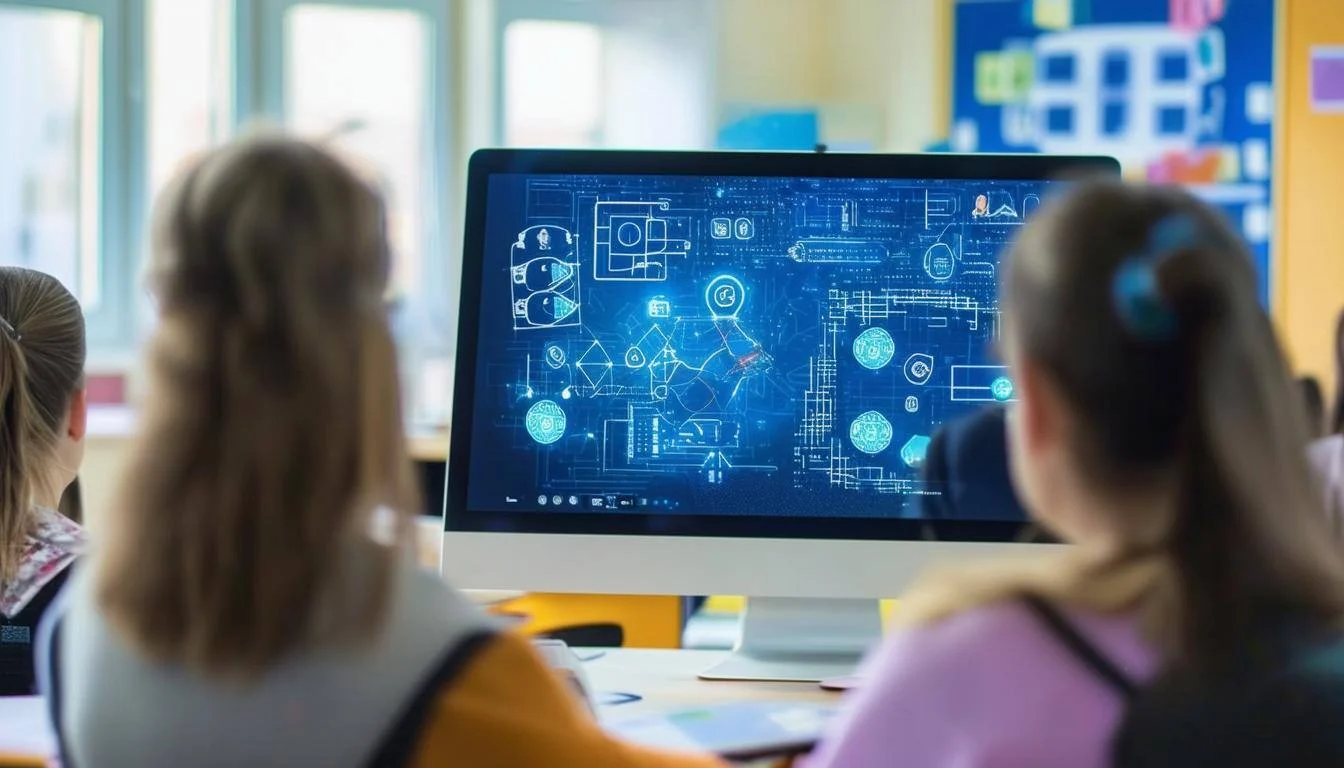AI-enabled personalized video recommendations significantly improve learning performance and engagement for students with moderate motivation levels in flipped classroom settings.
Objective: The main goal of this study was to investigate how AI-enabled personalized video recommendations affect students' learning motivation, engagement, and outcomes in a flipped classroom environment for a systems programming course.
Methods: The researchers conducted an experiment with 102 college students in a systems programming course at a university in northern Taiwan. Students were divided into control (n=59) and experimental (n=43) groups. Both groups participated in a flipped classroom approach, but only the experimental group received AI-enabled personalized video recommendations. The recommendation system used Bayes' theorem and logistic regression classification to analyze students' learning profiles and self-administered sequential probability ratio test (SPRT) results to recommend relevant videos for review.
The researchers collected data through:
- Pretests and posttests to measure learning outcomes
- A learning motivation questionnaire (Cronbach's α = 0.92)
- Quantitative measurements of student engagement based on learning management system profiles
- K-means clustering to categorize students into high, moderate, and low motivation groups
The experiment ran for 9 weeks from September to November 2020, with both groups following the same flipped classroom format involving pre-class video viewing, in-class discussions and quizzes, and after-class self-examination and video review.
Key Findings:
- The experimental group had a higher proportion of students with improved learning motivation (65%) compared to the control group (53%), though the difference was not statistically significant.
- Students with moderate motivation levels in the experimental group showed significantly higher improvement in learning outcomes compared to their counterparts in the control group (t = -2.441, p < .05).
- No significant differences in learning outcome improvements were found between high or low motivation groups.
- After receiving personalized video recommendations, students in the experimental group showed significantly higher online learning engagement, particularly in watching videos more frequently, spending more time watching videos, watching more videos, and watching more videos to compensate for missed learning opportunities.
- The improvement in engagement metrics was primarily observed in students with moderate motivation levels, not in those with high or low motivation.
Implications: The study demonstrates that AI-enabled personalized recommendations can effectively enhance learning outcomes and engagement, particularly for students with moderate motivation levels. This suggests that educational technology can be strategically implemented to support specific student groups. The findings support the value of personalized learning approaches in flipped classroom environments and highlight the potential of AI to provide tailored support based on individual learning needs and motivation levels.
Limitations:
- The study focused on a single course (systems programming) at one university, limiting generalizability.
- The sample size was relatively small (102 students).
- The experiment duration was limited to 9 weeks.
- The study relied on self-administered tests and self-reported motivation levels, which may introduce subjective biases.
- The personalized recommendation system primarily influenced students with moderate motivation levels, showing limited impact on students with high or low motivation.
Future Directions: Future research could:
- Investigate the long-term effects of AI-enabled personalized recommendations on learning outcomes.
- Explore different types of AI-enabled personalization strategies beyond video recommendations.
- Examine how to effectively support students with low motivation levels, who did not significantly benefit from the current approach.
- Test the approach in different subject areas and educational contexts.
- Develop more sophisticated recommendation algorithms that can better address the needs of students with varying motivation levels.
- Investigate the specific mechanisms by which personalized recommendations influence learning motivation, engagement, and outcomes.
Title and Authors: "Effects of Artificial Intelligence-Enabled Personalized Recommendations on Learners' Learning Engagement, Motivation, and Outcomes in a Flipped Classroom" by Anna Y.Q. Huang, Owen H.T. Lu, and Stephen J.H. Yang.
Published On: 2023 (available online 26 November 2022)
Published By: Computers & Education (Volume 194, 2023, 104684)
